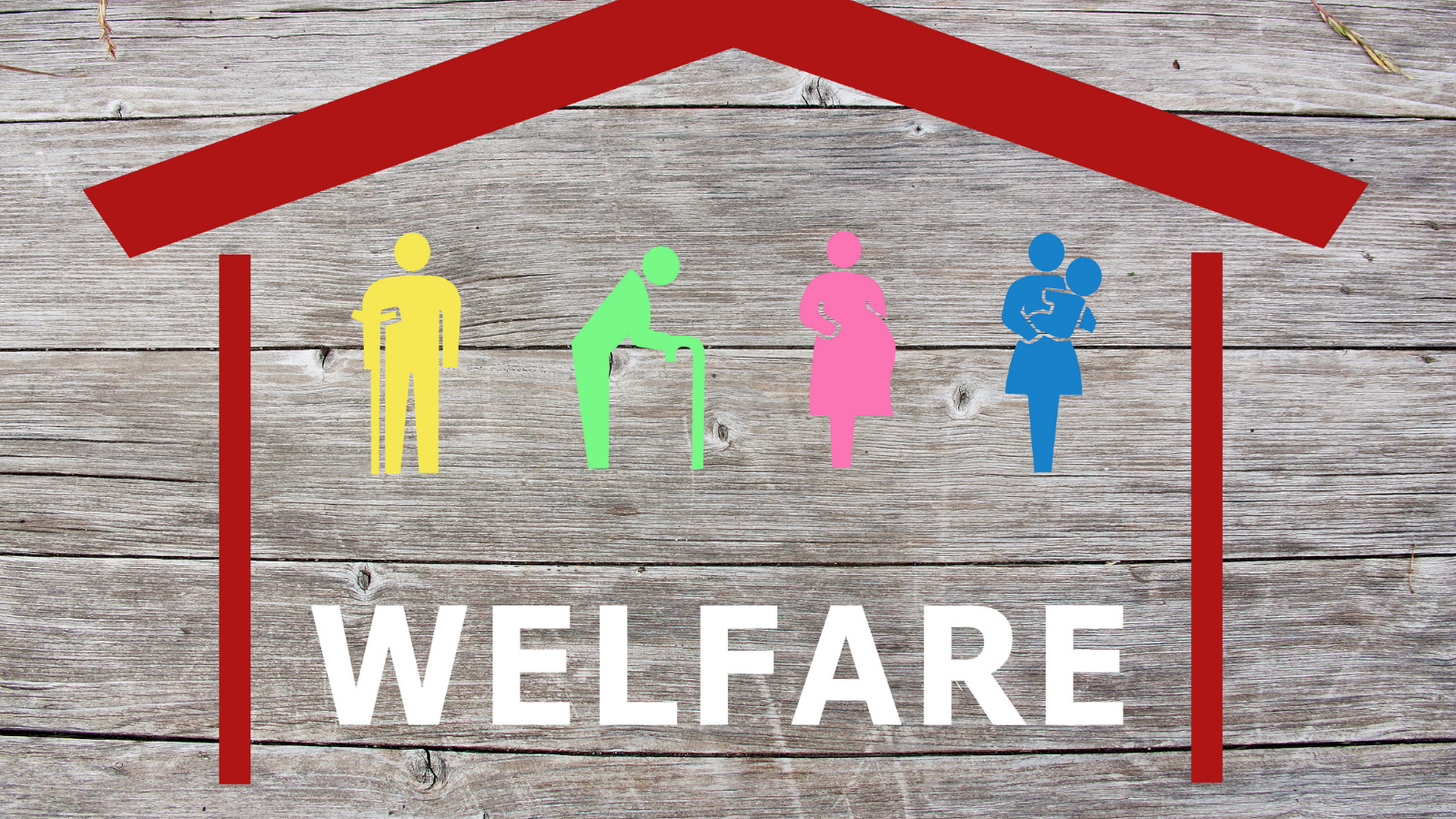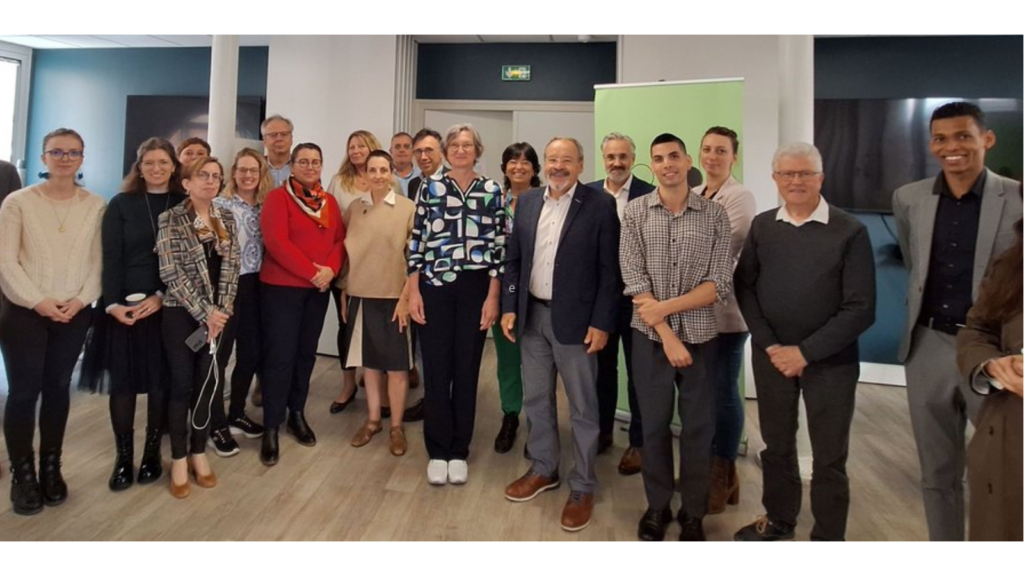Designing welfare policies requires a deep understanding of complex social and economic phenomena. Phenomena that are often hard to be fully captured by conventional economic models and metrics such as Gross Domestic Product (GDP). Thus, over the last years, the academic community has tried to address this issue through the development of a beyond-GDP agenda that includes numerous GDP alternatives. Despite this wealth of new knowledge, most of the policymaking nowadays still depends in one way or another on GDP.
What we choose to measure as a society directly shapes our understanding of the social and economic issues we face. It, therefore, affects what policies we design and how we choose to implement them. Hence, there is an urgent need for academics, policymakers, and governments to come to a consensus on how we should reframe welfare, measure it, and use metrics to design policies that deliver shared sustainable prosperity. That was the key argument highlighted in the online discussion “Assessing welfare disparities in European regions”, which was hosted in March this year by the Policy center of our member, KMOP, and Ethos Lab – Centre for Governance and Sustainability Research.
During the event, a new tool for measuring welfare was presented for the first time, in its beta version. The Reframing Welfare Index, developed by the KMOP Policy Center and Ethos Lab, is a composite index that aims to map and analyse social welfare in EU regions, thus enhancing the way we design, implement, and evaluate policies.
Find out more here.




